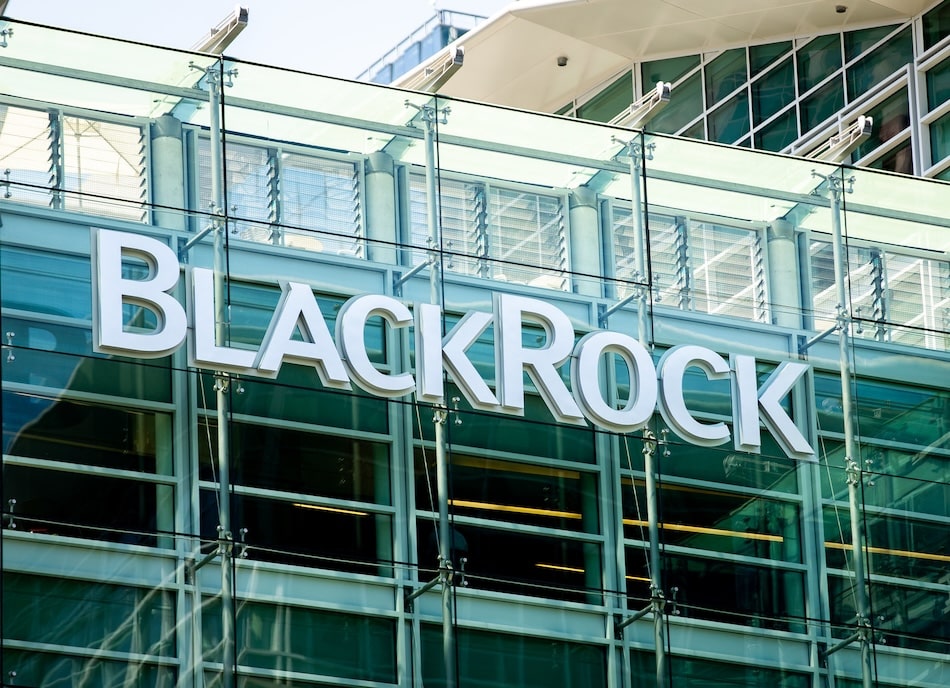
Kraken, a major bitcoin exchange based in Wyoming, has taken a significant step towards becoming a public company by confidentially filing a draft S-1 registration with the SEC for an initial public offering (IPO).
This move comes immediately after Kraken announced an $800 million fundraising round, which valued the firm at $20 billion.
Details of the IPO filing
The company has not yet disclosed the number of shares it intends to offer or the expected price range for the IPO.
Kraken stated that the offering is expected to occur once the SEC completes its review, subject to market conditions.
Recent regulatory and fundraising developments
The anticipation for Kraken’s IPO increased earlier this year when the SEC, under President Donald Trump’s administration, dropped a lawsuit against the exchange related to its staking services.
This regulatory clearance paved the way for the company to pursue public markets.
On Tuesday, Kraken completed its highly anticipated $800 million raise.
Major traditional finance institutions, such as Ken Griffin’s Citadel, participated in the round, solidifying Kraken’s $20 billion valuation.
Expansion plans and industry context
Kraken said the fresh capital will support its global expansion efforts, aiming to increase its presence beyond the United States.
The exchange’s move follows a wave of bitcoin-related IPOs, including Coinbase, Gemini, and Bullish.
However, some of these companies have faced sharp declines in their share prices after strong initial debuts on Wall Street.
Wall Street’s shifting outlook
Gemini and Bullish both surged during their initial offerings but have since seen their stock values drop significantly.
The sector remains volatile, as investor sentiment shifts from initial hype to performance-based assessments.



